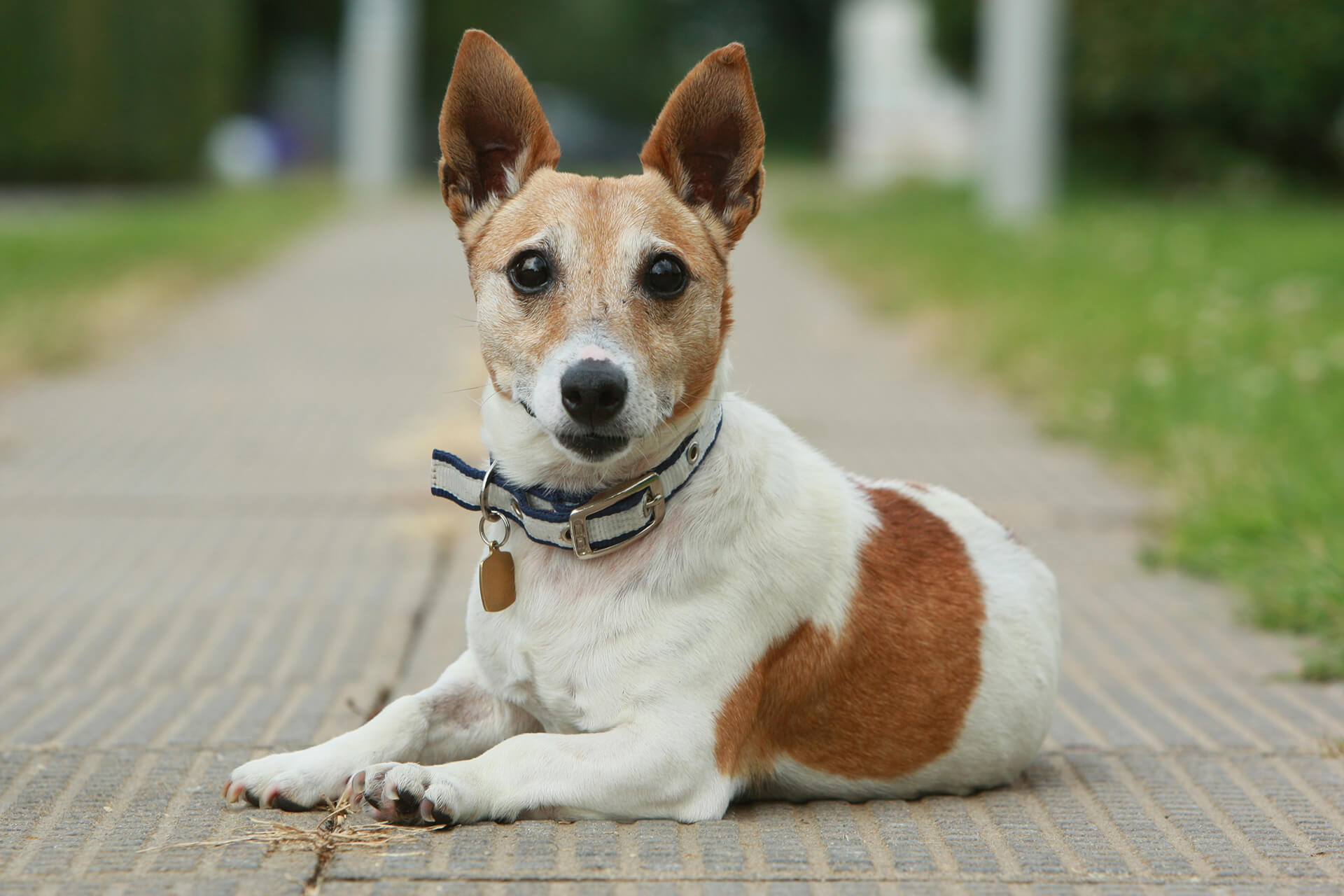New cancer research will save lives

Research conducted by a team of scientists and vets at Together for Animals member Animal Health Trust, in collaboration with the University of Liverpool, offers new hope to vets and dog owners.
Cutaneous mast cell tumours are the most common form of skin cancer in dogs. Aggressive forms of these tumours often recur, or spread to local lymph nodes, the liver and/or spleen and can cause death within a year.
Currently vets do not have a test that will accurately predict if a dog’s cutaneous mast cell tumour will spread or not. Chemotherapy is used to slow mast cell tumour spread, but there is no treatment that can stop the tumours from spreading and affected dogs from dying prematurely.
 The Animal Health Trust’s research, led by Dr Mike Starkey and recently published in the scientific journal PLOS ONE, has successfully identified genetic changes in cutaneous mast cell tumours that are linked to tumour spread. This information may eventually be used by vets to better determine how best to treat dogs with mast cell tumours, and may also promote the development of new treatments.
The Animal Health Trust’s research, led by Dr Mike Starkey and recently published in the scientific journal PLOS ONE, has successfully identified genetic changes in cutaneous mast cell tumours that are linked to tumour spread. This information may eventually be used by vets to better determine how best to treat dogs with mast cell tumours, and may also promote the development of new treatments.
Leading on from this discovery, it will hopefully be possible – for the first time – to develop a non-invasive prognostic test which will accurately tell vets if a cutaneous mast cell tumour is likely to spread, and therefore if chemotherapy is appropriate.
The availability of such a test would help to ensure that dogs affected by this type of cancer receive the right treatment, and would reduce the number of dogs who unnecessarily receive treatment that is not beneficial. In addition, the results of the research could promote the trials of new anti-tumour spread drugs in dogs affected by mast cell tumours predicted to spread.
Dr Mike Starkey said: “The findings of the research study is the result of many years work and are important because so many dogs are affected by cutaneous mast cell tumours. Cancer affects 1 in 4 dogs and research is the only way to fight cancer. I’m hugely grateful to everyone who has supported my team and this research to-date, and I believe this is a really exciting time as we can begin to see how our work can improve the outcome for dogs with cancer.
“We spent a lot of time collecting a suitable group of mast cell tumour samples to allow us to study tumour spread, but we are very excited about the results and their potential relevance to dog health. A further validation study on a larger scale is required to demonstrate that focussing on a small number of the genetic changes linked to tumour spread can consistently accurately predict if a cutaneous mast cell tumour will spread. However, we are optimistic that with the help of vets all over the country we can collect the necessary tumour samples, and complete the study within two years, and be ready to start developing a prognostic test during 2021.
“The Animal Health Trust is the only charity with a dedicated canine cancer research group in the UK. Significantly, anything we learn about a cancer in dogs may help understanding of the corresponding cancer in humans.”
This research was made possible due to extensive charitable funding, most notably from the Kennel Club Charitable Trust, which funded the ‘GeneAtlas System’ which enabled Dr Mike Starkey’s team to analyse the genetic blueprints of the mast cell tumours at the Animal Health Trust. The research team is also privileged to be supported by Zoe’s Journey UK.
Steve Dean, Chairman of the Kennel Club Charitable Trust, said: “Discovering that your dog has been diagnosed with cancer is an extremely emotional time in any dog owner’s life, and our support for cancer research at the Animal Health Trust is vital in helping to make that journey a bit easier for dog owners in the future.
“Knowing that the veterinary surgeons treating your dog have the tools at their disposal to be able to predict whether or not a mast cell tumour will spread will be very reassuring for those wishing to give their dog the best chance of survival. Being able to ensure that their dog gets the most appropriate treatment will be a positive benefit too and we hope that this research is a first important step towards delivering useful prognostic tests for this common cancer.
“It is heartening to know that the purchase of the GeneAtlas system at the Animal Health Trust, which the Kennel Club Charitable Trust funded, is proving so important in this research. The data collected during this research has enabled the analysis of tumour genetics and improved our understanding of canine cancer. The development of accurate tests will be an exciting development for the future.”
Funds raised by Together for Animals support the work and research of Animal Health Trust. To help save lives text PETS to 70085 to donate £3 or visit our donate page.


